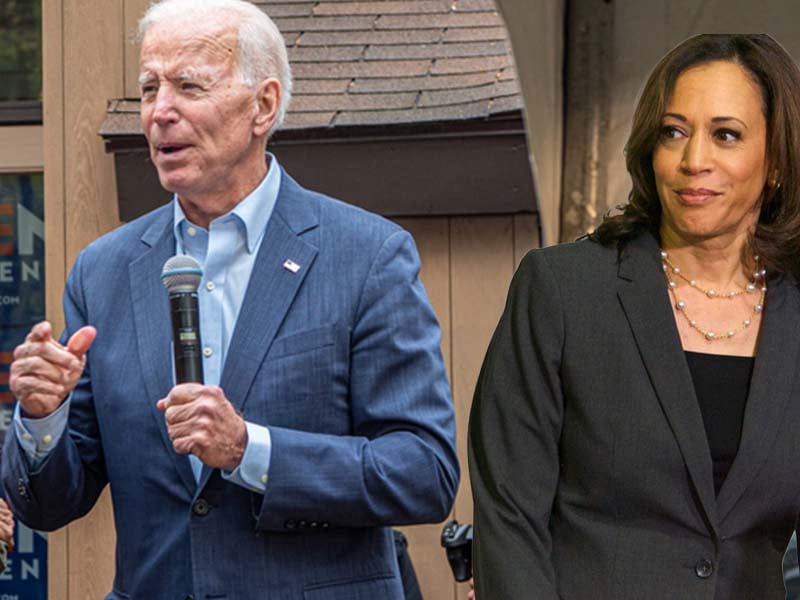
Washington, D.C. — As the political landscape shifts following President Joe Biden’s recent withdrawal from the 2024 presidential race, Vice President Kamala Harris has received significant endorsements and praise from various Democratic figures and supporters. However, this rapid shift in support has raised questions and criticisms about the consistency of these endorsements.
Just last week, prominent voices in the Democratic Party lauded President Biden as a strong, capable, and mentally fit candidate. Statements from supporters highlighted Biden’s accomplishments and steadfast leadership. Congressman Brendan Boyle, for instance, expressed his admiration for Biden, describing him as a patriot who had selflessly put the country’s needs above his own ambitions.
Following Biden’s exit and endorsement of Harris, the narrative swiftly pivoted. Harris was praised for her leadership and accomplishments, with endorsements from various party members and grassroots supporters. Michigan Democratic Party chair Lavora Barnes endorsed Harris, citing her lifelong commitment to defending democracy and protecting rights.
This quick transition has not gone unnoticed. Critics point out that many of the same individuals vocal about Biden’s capabilities are now equally fervent in their support for Harris. This has led to skepticism and accusations of political opportunism from some quarters.
Furthermore, recent developments have also brought to light some controversial issues. When users searched for Donald Trump, Google has been criticized for displaying search results related to Kamala Harris. This incident has sparked debates about potential biases and manipulation by tech companies, especially given the significant donations made by Google employees to Harris’s campaign.
Additionally, Google’s autocomplete technology came under fire for omitting references to a failed assassination attempt on Trump, raising concerns about selective information filtering and its implications for public discourse.
As the 2024 election approaches, the shifting narratives and underlying controversies highlight the complexities of the current political environment and the role of influential tech companies in shaping public perception.

